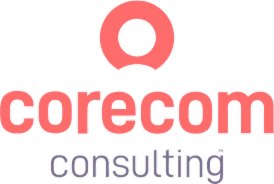09
2015
2015 June Meetup
Summary
Join us at Agile Yorkshire for an engaging session where we’ll explore two cutting-edge topics: hexagonal architecture and the power of data visualisation in software development. First, we’ll dive into the concept of hexagonal architecture—what it is, why it’s useful, and why the idea of making web frameworks like Rails or ASP.NET "just fall away" stirs up debate among developers. Then, we’ll shift gears to discover how companies can harness data visualisation to improve software development. You’ll learn what data visualisation really means, why it matters, and how it can be applied to software development, along with practical design guidelines to make your data visualisations truly effective. Expect plenty of practical insights and fresh ideas for your development toolkit!
Programme
The Antimatter Principle








